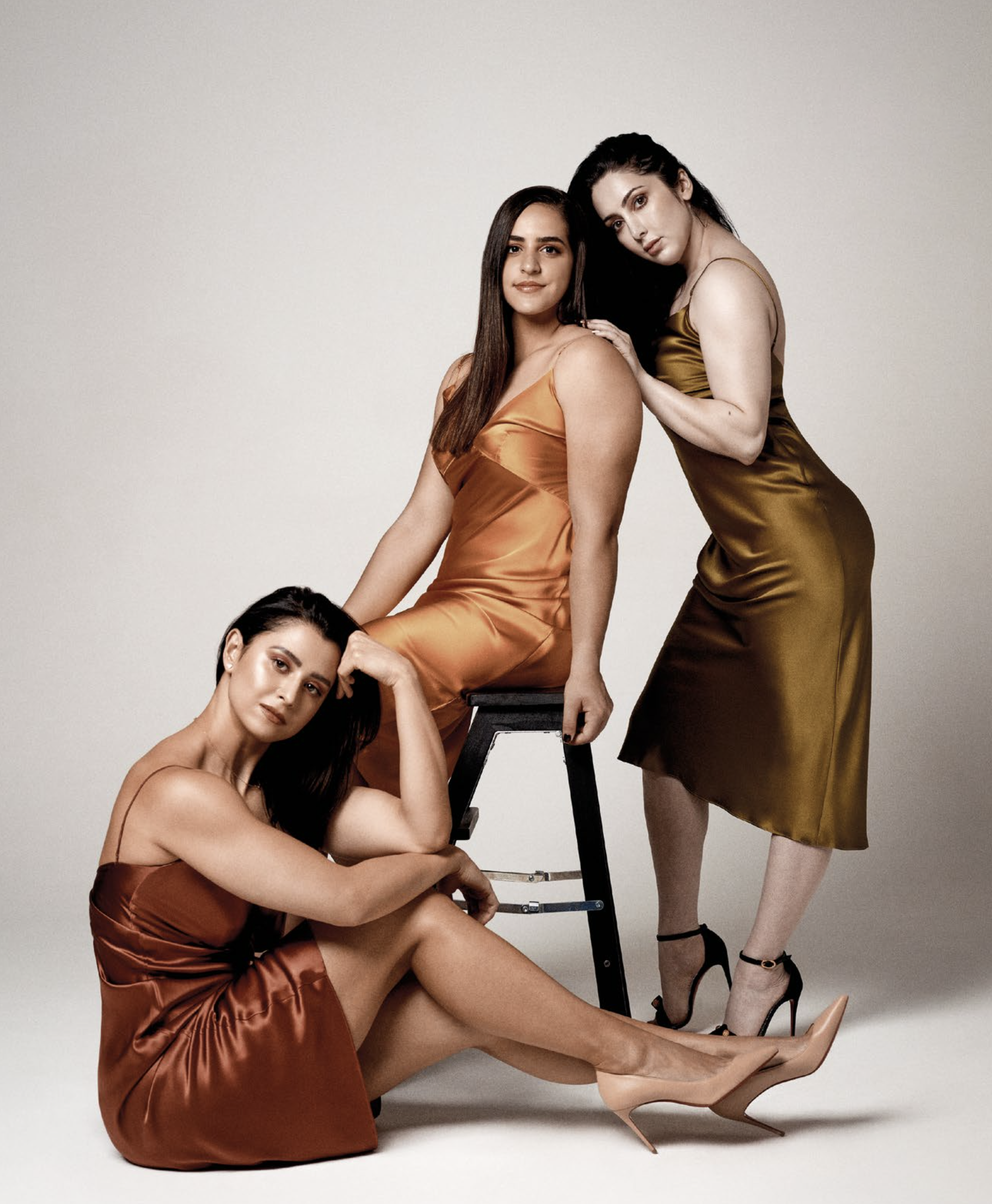While Al Qassimi decided that she needed to leave her country in order to feel at home in her body, other Arab women in Dubai say that times are changing. Saudi fitness athlete Somaiah Al Dabbagh has long competed in female fitness competitions, including those staged by World Beauty Fitness & Fashion, an international fitness pageant organizer. “I am a bodybuilder and I compete in the category where women are judged on their overall
physique and beauty but are still very muscular. Then there is a fitness category where I am in now because my muscles grew over the years, which I love,” she shares. “The community has been amazing. When I first got into it in 2015, I thought I might get some hassle from people – Arabs and other women – for my big muscles but everyone has been supportive.” Al Dabbagh says that many women have messaged her from the UAE, Saudi Arabia, and Kuwait telling her how much she inspired them to take their fitness more seriously. “The women thank me for opening up these doors they thought were permanently closed – you can be a feminine Arab woman and also be physically strong,”she smiles. “When I am at my peak, I have big, sculpted muscles but it looks beautiful and feminine. It’s not like I am Arnold Schwarzenegger!”
Dara Kayyali a Palestinian-Jordanian engineer by day and CrossFit athlete by night, is physically much bigger than most girls her age. “When I started CrossFit it was just recreational; I didn’t think much about the idea of women having big muscles as I was just doing it for fun. But as I got more competitive and saw that my body was becoming more muscular, things changed,” she says. “For Arabs, a girl should not be too muscular. This is also the opinion of my family: A woman and muscles don’t go together. It’s a man’s thing.” What has given the 24-year- old more confidence as she excels is to be around the CrossFit community and more muscular women like herself. “However, if I go to weddings or a party and need to wear a dress and show my muscles, I don’t feel one hundred percent comfortable,” she shares. “Some of the girls judge me and say, ‘How can you do this to yourself ?’ Or, I have other friends that tell me not to get bigger.” Kayyali says most of the backlash comes from women, not men. “Women are more judgmental; my guy friends are more encouraging,” she says. “I don’t feel pressure from men as much as I do from women.” She does get positive comments on social media, though, and says that negativity has not put her off course. “I can’t stop CrossFit because it is part of who I am; it is my form of expression,” she says.
Jordanian-Filipino strength coach Angelica Yassine agrees that the Arab world is becoming more open to the idea of women with muscles, thanks to social media. “The relationship between physically strong women and femininity is about feeling confident in your own skin,” she says. “Femininity to me is about feeling confident and comfortable.” When it comes to fashion, these strong Arab women don’t believe that having big muscles takes away from their feminine nature. On the contrary – they all enjoy dressing up. “I love wearing glamorous dresses,” says Al Qassimi. “I can wear my workout clothes just as easily as I can put on a sophisticated dress.”
